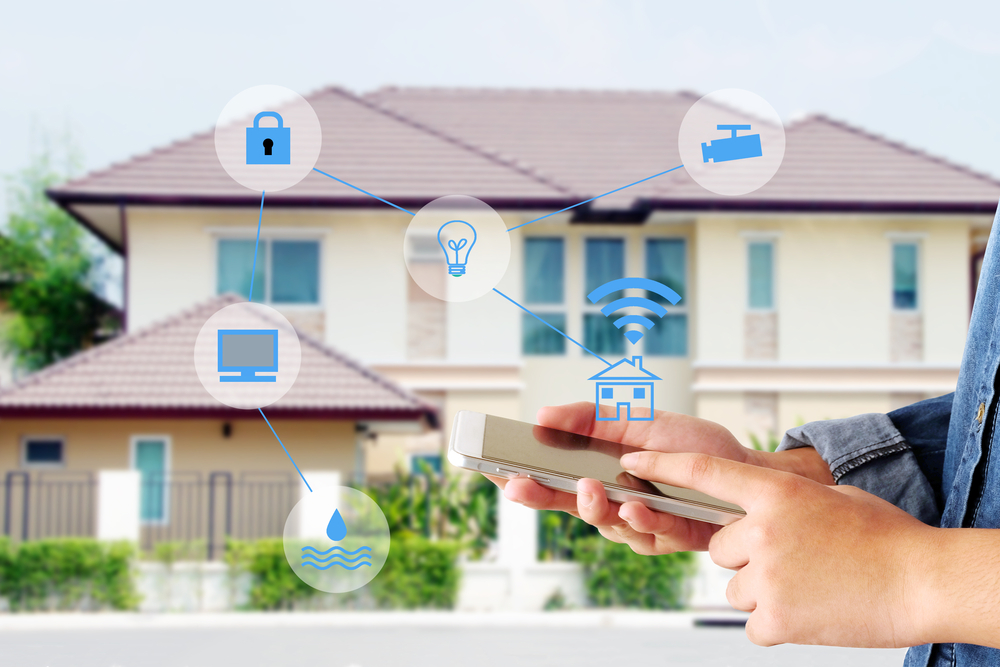GCC smart home market set to grow


James Thorpe
Share this content
The market for smart home technology throughout the GCC is expected to climb to US$3.4 billion in worth by the end of 2025 as developers look to leverage Internet-connected devices to ensure tomorrow’s residences provide the ultimate in safety, health and security.
The forecast comes in a report by Business Wire and ahead of a flurry of new ‘domotics’ technology is unveiled at Intersec Middle East, the region’s leading trade fair for security, safety and fire protection which will run at the Dubai World Trade Centre (DWTC) from 19-21 January.
International exhibitors are lining-up to demo at Intersec remote monitoring and control systems and appliances which will change the way we live and run our homes. On show will be smart security cameras, monitors and speakers, automated garage, gate and door systems, robotic lighting, smoke alarms, thermostats, humidifiers, integrated IoT energy management and video and multi-media entertainment products.
“These super advanced systems and solutions will provide security, comfort, convenience and energy efficiency and totally reinvent home life,” explained Andreas Rex, Show Director at Messe Frankfurt Middle East, which organises Intersec.
“With the GCC’s reputation as an early technology adopter, it is envisaged it could well emerge as a market leader for ‘domotics’. Using the internet of things (IoT) technology, the GCC’s smart homes will utilise automation to simplify and secure home environments.”
The UAE, where Dubai has committed to leading in the ‘smart cities’ race, is expected to be the regional market leader. 6W Research says the smart homes market in the Emirates will expand at an annual compound growth rate of 14.8% over the next two years.
Demand is stemming from the region’s building flight to quality and increasing fire and safety regulations being enforced throughout the Middle East.
“In many cases it will no longer be optional for developers to include the latest advanced technology for building fire and security, it will be subject to increasing regulation,” explained Rex.
“That’s just one reason why Intersec and its associated knowledge programme are essential to visit for all involved in the development process – from master planners to architects, developers, interiors suppliers as well as the health and safety experts.”
Smart homes are projected to help answer a number of the region’s pressing infrastructure and socio-economic challenges – including the need to optimise energy and water conservation and address waste disposal issues.
“With the issue of climate change and the drive towards meeting sustainable development goals, it is vital that technology is leveraged to influence the way we live. Intersec will open the debate on how these issues can be addressed via home automation. Where once smart homes were perceived as vanity projects from the wealthy, they are increasingly becoming the norm and Intersec will have insights into how and when the transformation will take hold.”
More information is available at: www.intersecexpo.com



